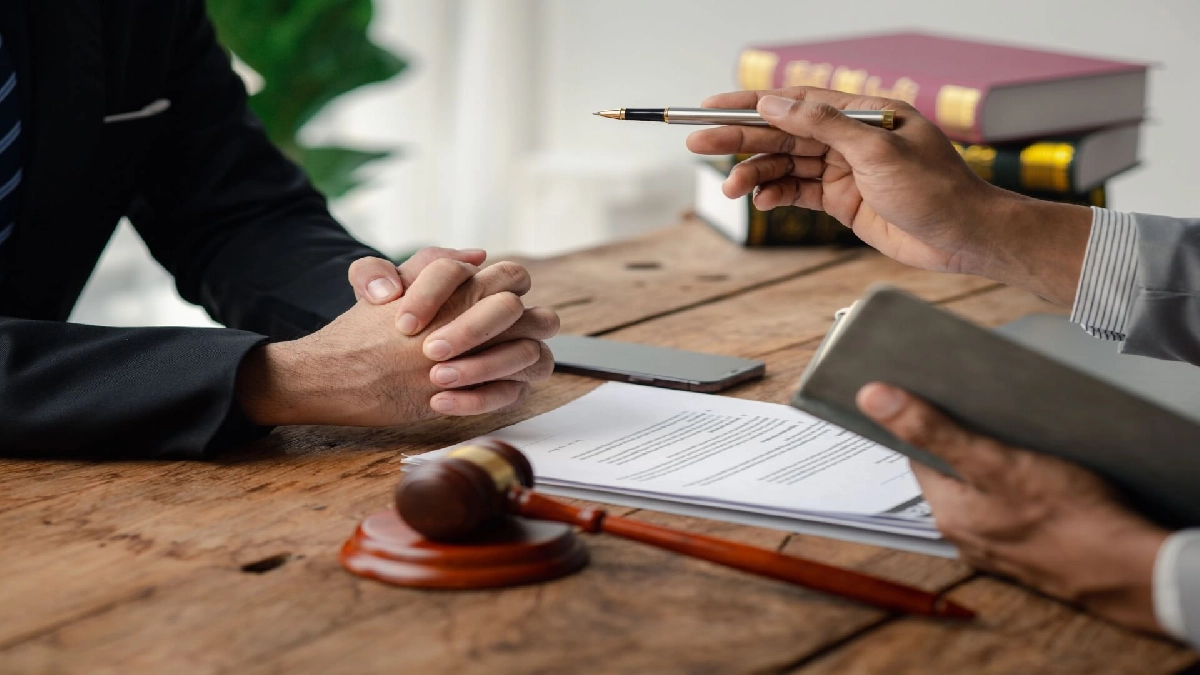Whether you are involved in a car accident or another type of injury, determining your legal rights and the strength of your claim requires expert guidance. A personal injury attorney can help you navigate this process.
Your lawyer can draft a demand letter to the defendant’s insurance company outlining the incident, your injuries, and the compensation you seek for your damages.
Get Medical Attention
Getting medical attention is essential for treatment and providing vital documentation of your injuries for use in a personal injury case. The more time that passes between an accident and the initial treatment, the more likely the at-fault party’s insurance company will assume you are faking or exaggerating your symptoms to get compensation.
Even if you do not feel any pain or think your injuries are minor, visiting a doctor for a complete evaluation is crucial. Many injuries, such as internal bleeding and concussions, do not immediately manifest themselves. In addition, your doctor can document any pre-existing conditions that may be related to the accident. Your car accident Fort Worth lawyer will use this information to build a strong case for compensation.
Contact the Police
It’s always important to contact the police to file a report, regardless of the crash’s severity. It may help your car accident claim later on. Remember to stick to the facts when speaking with an officer and don’t accidentally admit fault.
Obtain the officer’s name and badge number and ask for a police or incident report number. If you remember more information, this will allow you to follow up with the officer. Also, if possible, try to get witness contact information.
Identify other drivers involved in the crash and write down their names, addresses, phone numbers, insurance company, and policy numbers. If they don’t own their vehicle, write a general description (color, bumper stickers). If there are any witnesses, politely ask for their information, too.
Gather Information
Whether you were in a serious accident or just a minor incident, it’s crucial to collect information on the spot. This means taking photos of the damage, writing down all you can remember about the accident, and collecting evidence such as witness contact information.
Tracking all medical documentation related to your injuries and how the accident has affected your life is also essential. This includes emergency room reports, doctor care records, and receipts for expenses that arise from your injury.
Additionally, if the accident happened on private property, an incident report from a business may be crucial to building your case. This readily available information can speed up dealing with insurance companies in Fort Worth and establishing fault.
Get a Copy of the Police Report
Whether they responded to the scene of a car accident or another kind of accident, police officers usually create some report that could be very helpful in building your injury case. They may hand you a document with a police report identification number before leaving the scene, or you can call the law enforcement office that drafted the report and provide the report identification number and other information like date, time, and location to locate it, typically for an administrative fee.
The insurance adjusters will use the report to understand what happened and assess your damage. It’s a good idea to review it carefully, in particular for accuracy, as it’s an after-the-fact document that can contain errors. Also, check it for important details that were omitted from the report.
Contact an Attorney
Bringing documents related to the incident to your first meeting with a personal injury law firm can help them get a full picture of your situation and assess its merits more quickly. This includes medical records, copies of any police reports, and any photos taken at the accident scene. They can assess your situation with care and professionalism, making sure you know your rights and the best next step for you.
Documentation can help quantify your damages, including non-economic losses. These include pain and suffering, lost enjoyment of life, and mental anguish. Your medical records should show how severe your injuries are so that you receive the maximum compensation available under the law.
Postponing medical treatment can jeopardize your health and weaken the validity of your claim. It can also give insurance companies a reason to doubt the severity of your injuries and their correlation to the incident.
